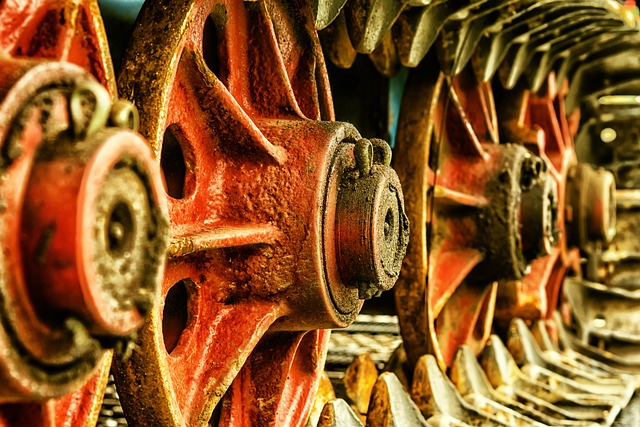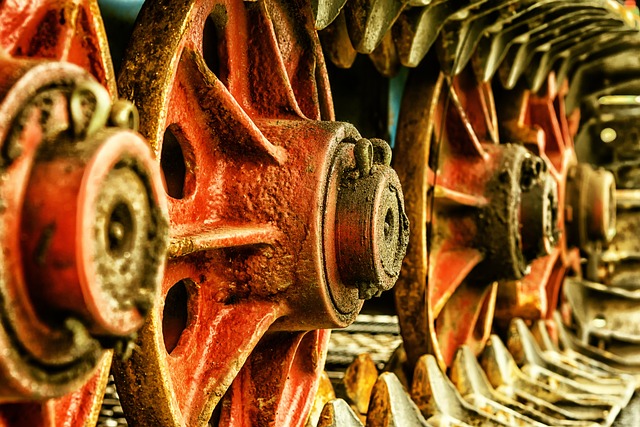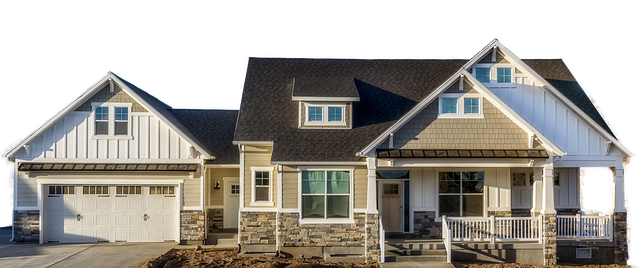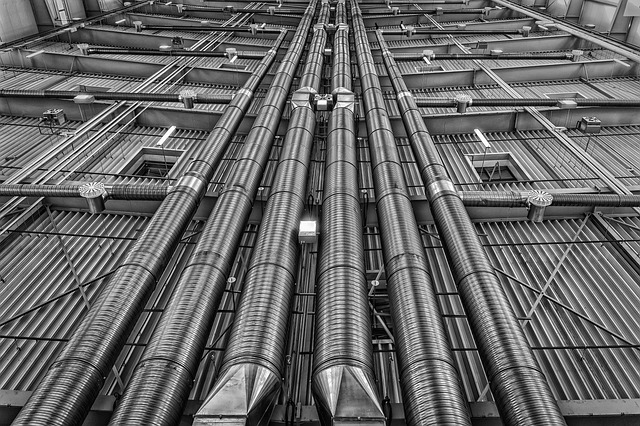The text highlights that water, crucial for daily life and plumbing, can cause significant harm due to its chemical composition and impurities. High acidity/alkalinity, sediment, minerals, and contaminants accelerate metal erosion in pipes over time, leading to structural integrity issues like leaks, clogs, or complete failure. Common causes of pipe corrosion include high chlorides, sulfates, hard water with calcium/magnesium, and acidic/alkaline water. Understanding these causes is vital for preventing corrosion, extending pipeline lifespan, and avoiding costly repairs.
Is your water damaging your pipes? Discover the unsettling connection between water quality and corrosion, a silent yet pervasive enemy of plumbing systems. This article explores the common causes of pipe corrosion, delving into the intricate interplay between water chemistry and material degradation. By understanding how water can accelerate corrosion, homeowners and professionals alike can implement effective preventive measures to safeguard their plumbing infrastructure. Learn about the visible effects, underlying mechanisms, and practical solutions to mitigate the damage caused by this insidious process.
- Understanding Pipe Corrosion: Common Causes and Effects
- Water Quality and Its Impact on Pipe Corrosion
- Preventive Measures: Protecting Your Pipes from Corrosion
Understanding Pipe Corrosion: Common Causes and Effects

Water, while essential for daily life, can be a double-edged sword when it comes to your home’s pipes. While it facilitates flow and hydration, stagnant water or poor water quality can trigger corrosion, a common yet insidious issue among pipe systems. Understanding the underlying causes of this deterioration is crucial for maintaining a healthy plumbing network.
The most prevalent causes of pipe corrosion include factors like water chemistry, with high acidity or alkalinity levels being particularly damaging. Impurities such as sediment, minerals, and contaminants can also accelerate corrosion by creating an environment conducive to metal erosion. Over time, this process weakens pipes’ structural integrity, leading to leaks, clogs, and even complete failure.
Water Quality and Its Impact on Pipe Corrosion

Water quality plays a significant role in the corrosion of pipes, a process that can lead to costly repairs and replacements. The common causes of pipe corrosion include high levels of chlorides, sulfates, and other chemicals present in water supplies. These substances can accelerate the oxidation of metal pipes, resulting in rust and eventual damage.
For instance, hard water, which is rich in minerals like calcium and magnesium, can contribute to the formation of scale on pipe interiors. This buildup not only restricts water flow but also provides an environment conducive to corrosion. Similarly, acidic or alkaline water with a high pH level can accelerate metal degradation, making it imperative to monitor and maintain optimal water quality standards to prevent significant pipe damage over time.
Preventive Measures: Protecting Your Pipes from Corrosion

To prevent pipe corrosion, it’s crucial to understand its common causes. High levels of chlorines and other chemicals in water are primary culprits, as they accelerate oxidation, leading to pipe deterioration over time. Additionally, hard water containing high mineral content can contribute to rust buildup, weakening pipe structures.
Implementing preventive measures is key. Using water softeners to reduce mineral levels and minimizing exposure to harsh chemicals can significantly extend the lifespan of your pipes. Regular maintenance checks are also vital; inspecting pipes for signs of corrosion and addressing issues promptly prevents minor problems from turning into major, costly repairs.
In understanding the connection between water quality and pipe corrosion, it’s clear that addressing the former can significantly mitigate the latter. By recognizing the common causes of pipe corrosion and implementing preventive measures, homeowners can safeguard their plumbing systems from damage. Regularly testing and treating water quality, alongside proper maintenance, ensures a durable and efficient piping network, avoiding costly repairs and disruptions. Remember, proactive care for your pipes is key to maintaining a healthy home environment.
